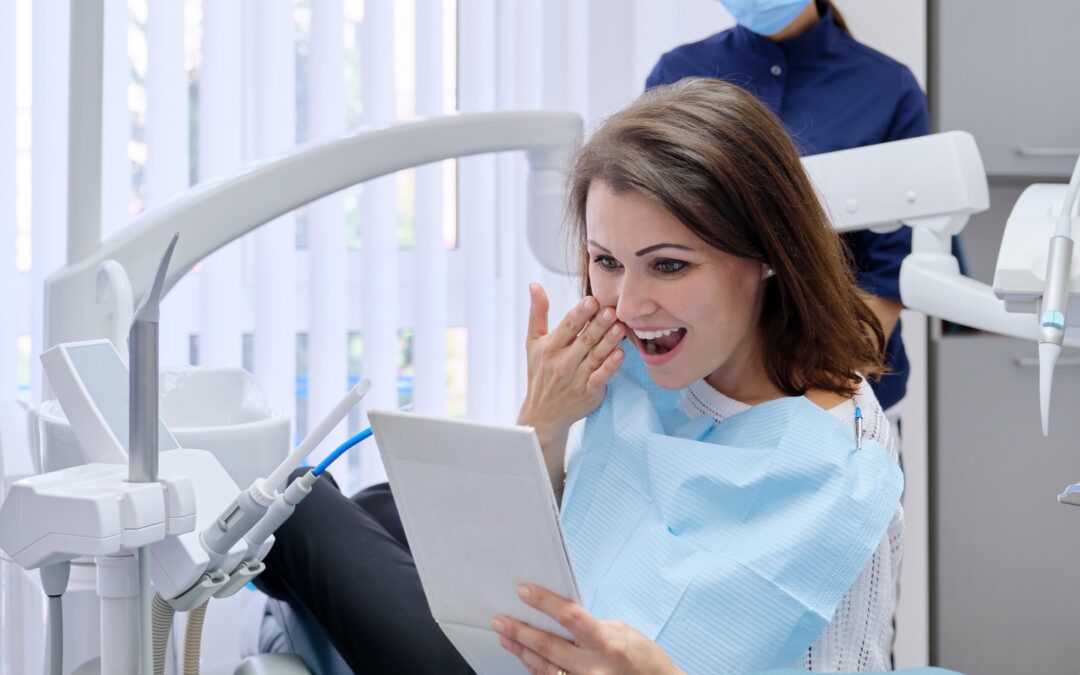Dental emergencies can be scary and often require immediate attention. Knowing what to do in a dental emergency can help alleviate pain, prevent further damage, and even save a tooth. In this guide, we’ll cover the most common dental emergencies and provide first-aid tips to help you manage the situation until you can see a dentist.
Knocked-Out Tooth
If a tooth gets knocked out, it’s important to act quickly. Pick up the tooth by the crown (the top part of the tooth that’s visible in the mouth), being careful not to touch the root. Gently rinse the tooth with water to remove any dirt or debris, but do not scrub it or remove any attached tissue. Try to reinsert the tooth into the socket, holding it in place with gentle pressure. If that’s not possible, put the tooth in a container of milk or saliva and bring it with you to the dentist. Time is of the essence, so see a dentist immediately.
Broken or Chipped Tooth
If a tooth breaks or chips, save any pieces if possible and rinse your mouth with warm water. Apply a cold compress to the area to reduce swelling, and take an over-the-counter pain reliever if necessary. See a dentist as soon as possible, as a broken tooth can expose the nerves and lead to infection.
Toothache
A toothache can be caused by a variety of issues, including cavities, infections, and gum disease. Rinse your mouth with warm water and use dental floss to remove any food particles that may be causing the pain. Take an over-the-counter pain reliever and apply a cold compress to the area to reduce swelling. See a dentist as soon as possible to identify and treat the underlying issue.
Lost Filling or Crown
If a filling or crown falls out, save it if possible and rinse your mouth with warm water. Apply a small amount of dental cement, available at most drugstores, to the area to temporarily hold the filling or crown in place. See a dentist as soon as possible to have the filling or crown replaced.
Bitten Lip or Tongue
If you accidentally bite your lip or tongue, rinse your mouth with warm water and apply a cold compress to the area to reduce swelling. If the bleeding doesn’t stop, see a doctor or go to the emergency room.
Preventing Dental Emergencies
While it’s not always possible to prevent dental emergencies, there are steps you can take to minimize your risk:
- Wear a mouthguard while playing sports or participating in other physical activities
- Avoid chewing hard or sticky foods that can damage your teeth
- Practice good oral hygiene, including brushing twice a day and flossing daily
- Visit your dentist regularly for checkups and cleanings
By taking these steps, you can help reduce your risk of dental emergencies and ensure optimal oral health.
